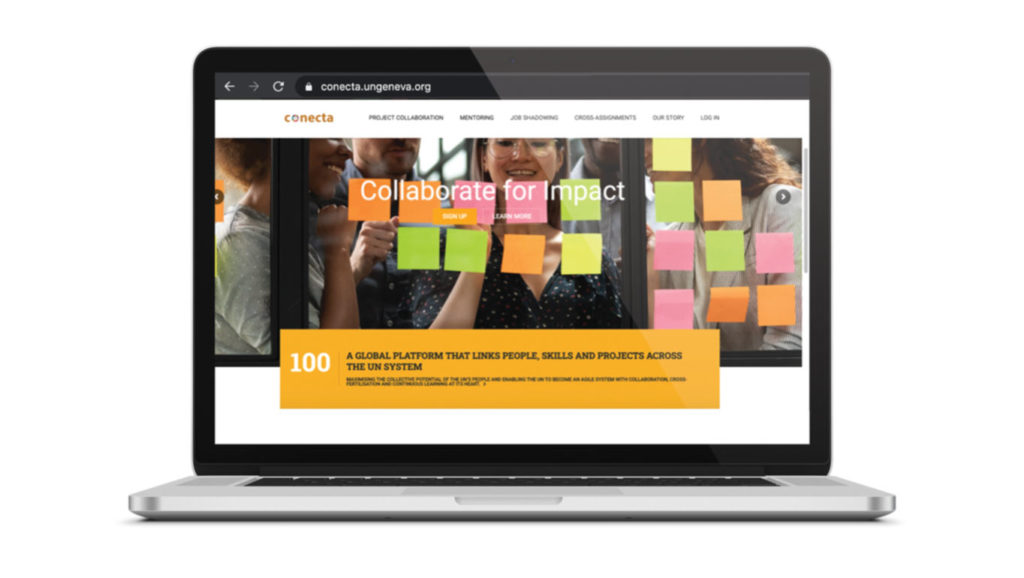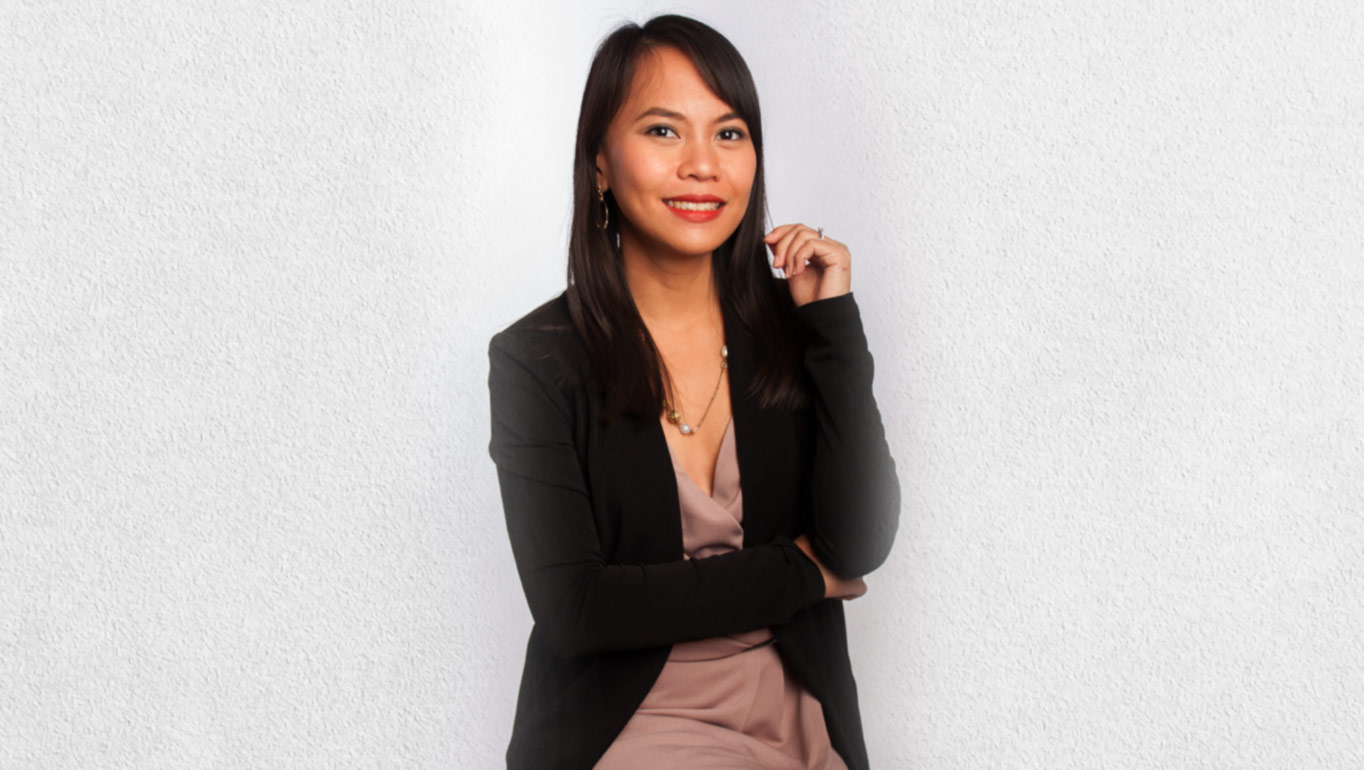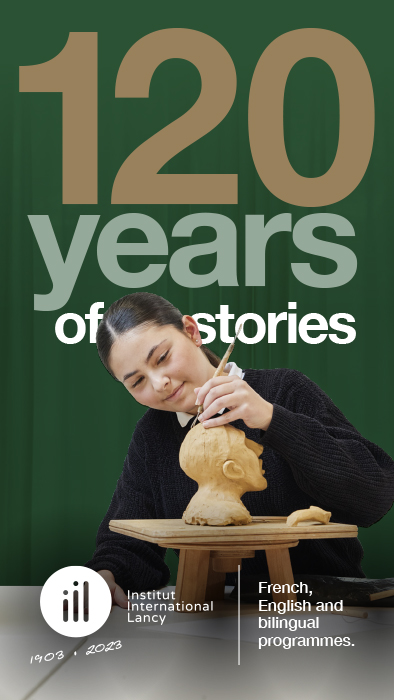Mira Perrier, one of the co-creators of the award-winning global conecta project, joined the United Nations in 2008 at the age of 23 and currently works for the Centre for Learning and Multilingualism (CLM). When she saw the call for ideas for the Dragon’s Den Challenge organized at the United Nations Office at Geneva in 2019, she knew just what was needed.
Linking people, skills and projects
As shown by successive staff engagement surveys, many staff were dissatisfied with current development opportunities and concerned that fast-paced technological shifts would make their skills obsolete. Frustratingly, while the United Nations system hosts people with a wealth of expertise and knowledge and large amounts of valuable data, these often remain within silos instead of being directed where they would be of most use to meet the challenges facing the Organization.
Mira wanted to build a platform to help bring staff together for on-the-job learning and training and approached some colleagues who would become her partners. They quickly made their first connection when they joined forces with a team from Young UN who had come up with a similar concept.
The joint team got to work and, a few workshops later, ended up winning the Panel’s Choice award at the Dragon’s Den event. That gave them the chance to spend time every week developing their project in a team standing outside the formal hierarchies of the system, based on distributed authority and collective intelligence, as well as the endorsement of senior management for them to promote the results of their work to staff.

General Service staff breaking through the glass ceiling
Perhaps it is not surprising that Mira had this idea. As a General Service staff member at G6 level, she knows all too well what can happen when limited opportunities are combined with a rigid hierarchical structure. Although her role managing training programmes is a good match for the skills she has acquired over the years, she knows that she could achieve more.
To help her do that, she has embarked upon her second course of post-graduate study: a master’s degree in Organizational Psychology, with a specialization in Change Leadership. She hopes that her studies will allow her to lead and navigate complex change programmes but also to better advocate for equal opportunities for General Service staff, with the latest research at her disposal.
The outdated practice of not allowing General Service staff to apply for Professional positions creates a dead end in their careers, which can eventually lead them to become demotivated or even resign, at great loss to the Organization. Mira’s colleagues can see beyond her job title, treat her with trust and respect and value her input. She has also been inspired to remain resilient by other women in General Service positions, who have shown enthusiasm and devotion, delivering great results despite the challenges and limitations of the obsolete system of titles and categories. Unfortunately, not everyone in their position will have such a supportive environment.
That is why Mira strongly believes that a talent development programme targeted specifically at General Service staff and other related categories should be made a priority. Once she has completed her post-graduate studies, she hopes to design one that can provide the conditions for everyone to show up and thrive at work. She also hopes that the General Assembly will finally resolve to abolish the G to P exam. If it does not, she will have to make a choice. She could either spend the remaining 30 years of her career with only a single level of promotion to aim for or seek opportunities at agencies with more flexible policies.
From the Dragon’s Den to the global system
After their success at the Geneva-based event, the conecta team pitched their project at the 2020 Global Dragon’s Den Challenge. They won the Jury Award and were asked by the judges to collaborate with some of the other finalists whose projects shared synergies with conecta, proving in practice that collaboration opportunities are everywhere if you know where to look. The team, which currently works on a voluntary basis, has been exploring partnerships so they can continue the project on a sustainable footing.
The platform they created helps people find opportunities for project collaboration, job shadowing, mentoring and cross-assignments. The project comes with the same challenge faced by any collaboration platform – it depends on user engagement to make it a living community. The team members are working hard to bring in more registered users. Based on user feedback, they have already produced and rolled out a revamped app with added features and they plan to launch more communication campaigns on the benefits of the platform. They hope that in the future more managers and project owners will make use of the projects section of conecta to find solutions from outside their own teams. For now, the conecta team continues to work towards the goals of fostering collaboration, maximizing staff potential, improving development opportunities and having a positive impact on business results. To find out more, check out conecta’s new video: bit.ly/3BqVwZc




